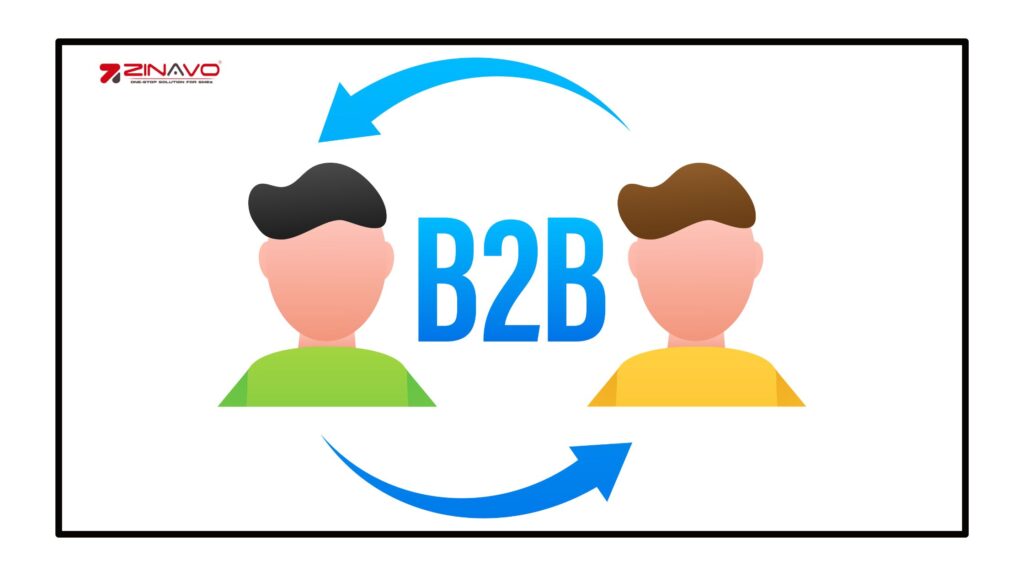What are B2B Applications and their Benefits?
Introduction:
B2B applications have become an integral part of companies committed to business scalability. This blog explores the basics of B2B applications, outlining what they are and providing information on considerations for developing an effective one.
What is a B2B App?
B2B applications improve business operations and commercial transactions. B2B applications are implemented to reduce customer service costs and increase sales profits. The structure of a business can varies depending on its needs. By using a B2B app, you can share your company’s resources with other contractors. The more complicated the app, the more likely it is to be integrated with information systems and specific sensors that display current inventory levels. It is necessary for each user to have a separate account in order to use the B2B application. Based on the accumulated data, users are offered personalized offers that are tailored specifically to their needs. At the same time, they do not see other entities using a particular application.
Types of B2B applications
1. Supply Chain Management (SCM) Systems
2. Enterprise Resource Planning (ERP) Systems
3. Customer Relationship Management (CRM) Systems
4. Electronic Data Interchange (EDI) Systems
5. B2B E-commerce Platforms
6. Marketing Automation Tools
7. Collaboration & Communication Tools
How to build a successful B2B application?
Zinavo is one of the top SEO agencies in Bengaluru, offering result-driven digital marketing solutions. Their services include SEO, search engine marketing (SEM), pay-per-click (PPC) advertising, content marketing, and social media marketing. Zinavo specializes in website optimization, local SEO, and online reputation management, helping businesses achieve higher search engine rankings and increased trafficZinavo is one of the top SEO agencies in Bengaluru, offering result-driven digital marketing solutions. Their services include SEO, search engine marketing (SEM), pay-per-click (PPC) advertising, content marketing, and social media marketing. Zinavo specializes in website optimization, local SEO, and online reputation management, helping businesses achieve higher search engine rankings and increased traffic
Benefits of B2B applications
1. Enhanced Efficiency – Reduces manual work and increases productivity by automating business processes.
2. Cost Savings – Maximizes efficiency, minimizing errors and paperwork.
3. Improved Collaboration – Improves communication between companies, suppliers, and partners.
4. Data Accuracy – By automating data entry and transactions, human errors are reduced.
5. Scalability – Provides the ability to adjust to changing demands and meets the growing needs of the business.
6. Better Customer Relationships – Improve customer relationships by utilizing CRM tools and providing personalized service.
7. Faster Transactions – Provides quick and secure exchanges via e-commerce, EDI, and automated invoicing.
Conclusion:
Incorporating B2B applications into business operations is essential for staying competitive in today’s digital landscape. These applications streamline processes, improve efficiency, and promote better collaboration among partners. By leveraging technology, businesses can optimize supply chains, improve customer relationships, and drive growth. Business-to-business solutions address current operational challenges and position companies for future success in an increasingly interconnected marketplace.



